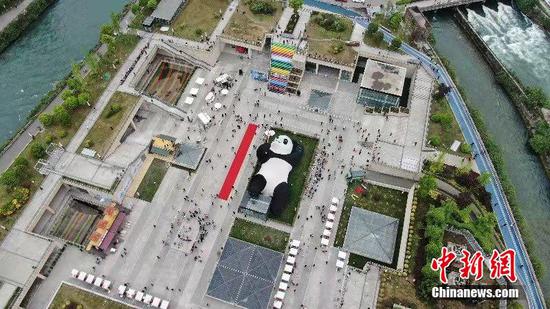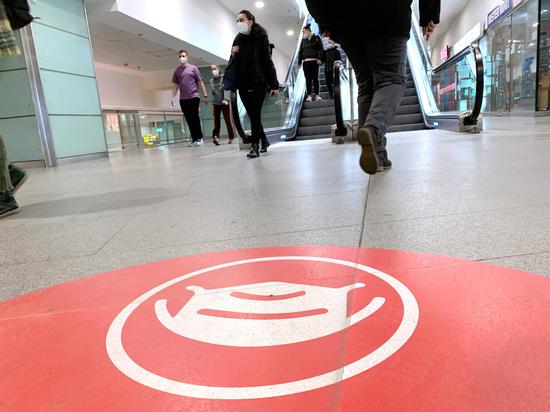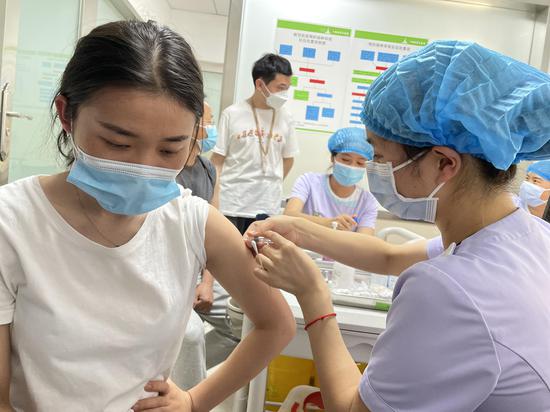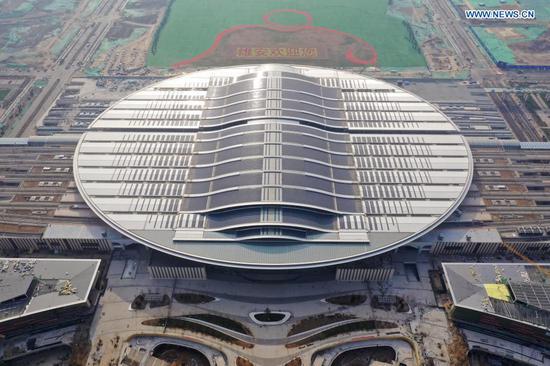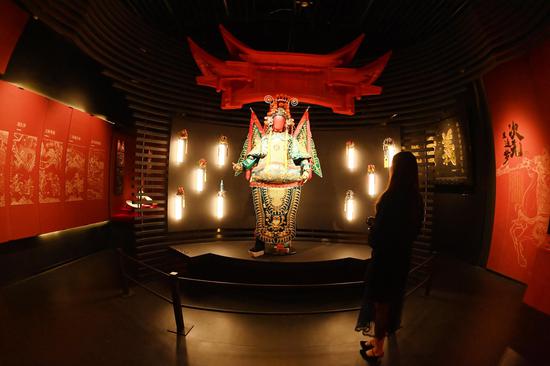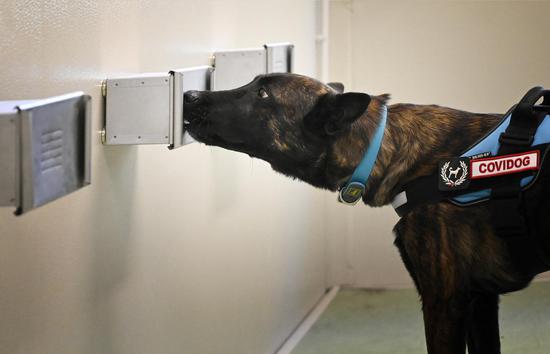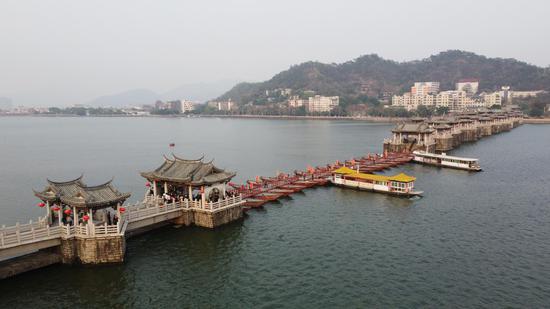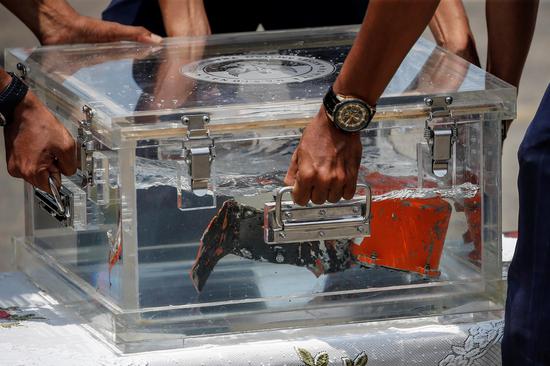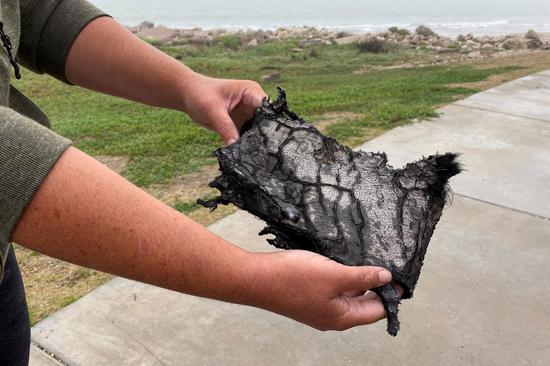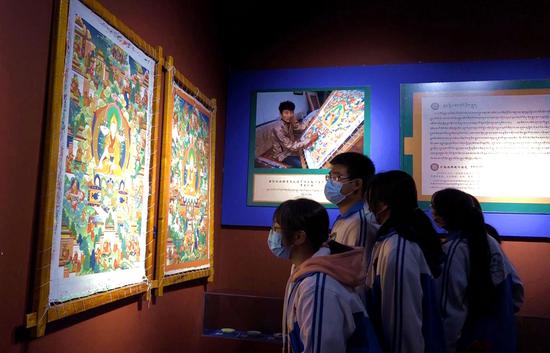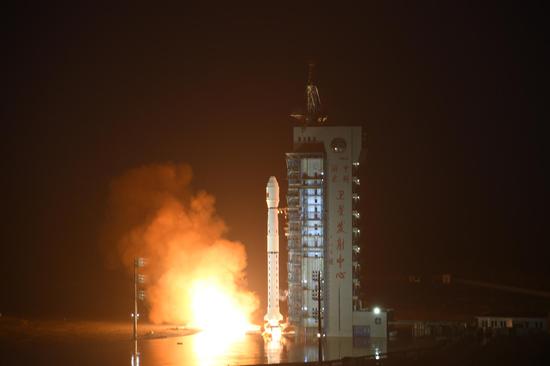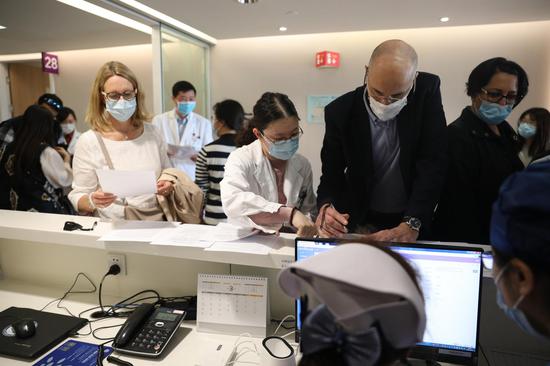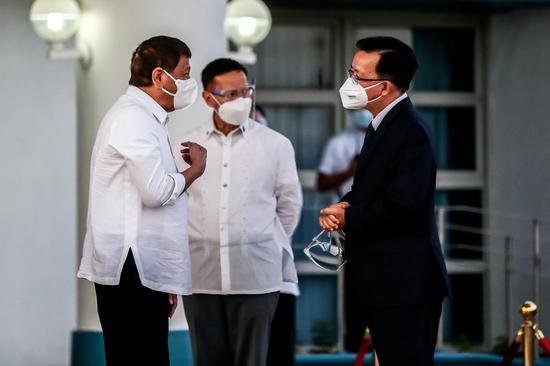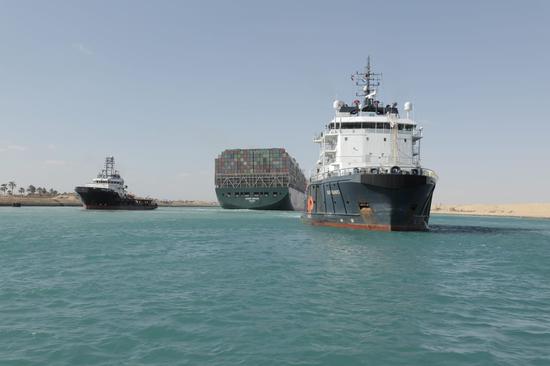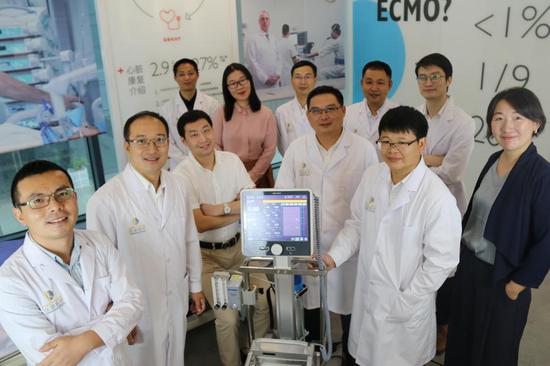
Group photo of Liu Yang (1st R) and her research team. (Photo provided to Xinhua)
The labor involved also makes the treatment expensive. A person on ECMO cannot live outside the intensive care unit and must be continuously monitored for complications, such as blood clots, bleeding, infection and loss of circulation to the limbs.
The median cost of ECMO is 200,000 yuan in China, making it one of the most costly medical procedures, said Liu.
Such a cost scares away many poor families and China's medical insurance does not cover the treatment.
There are still medical professionals who don't fully understand what it can do and how to use it, said Liu. In addition, some argue the so-called "miracle machine" is not always successful. Liu cites foreign data showing about half of patients who require ECMO will survive.
"The first year was very difficult," Liu recalled. The company had trouble getting financing and partners, as well as recognition.
They thought of giving up, until Li used ECMO to save a young woman with acute respiratory failure in 2017.
"The patient was in a critical condition after my team used all other possible therapies," Li recalled. "We decided to try ECMO and asked many hospitals for help, including those in Hong Kong. At last, we found a machine and put it in the ICU."
After seven days, the patient recovered. Her parents burst into tears.
"We set our minds on developing China-made ECMO machines, no matter how difficult," Liu said.
She spent months convincing leading German clinicians and medical engineering experts to work with them and their experience is the core competence of her team.
Liu expects her company to take advantage of Shenzhen's innovation strengths, which rival Silicon Valley, as well as its low manufacturing and assembly costs.
China-made ECMO machines should not be just copies of foreign products, she argues, but should be "a next-generation life support machine that is cheaper, lighter and easier to operate, to help doctors save more people."
For example, her company, under the brand name Lifemotion, wants to create a smaller-than-normal device which is light enough to be transported in an ambulance, making it possible to provide ECMO support in emergencies.
COVID-19 has increased competition for ECMO manufacturing. In March, a team in east China's Shandong University announced it had developed a machine at a lower cost than foreign brands and is expected to move into mass production; in August, a medical technology company in east China's Jiangsu Province independently developed a portable ECMO system called the Saiteng OASSIST ECMO, which has begun the registration process.
Governments have also stepped up support. The medical equipment department of south China's Guangdong Province has discussed providing technical support to ECMO enterprises in a bid to push forward domestic manufacturing.
In September, China's Ministry of Science and Technology announced it will invest 20 million yuan to support research and development.
Many hospitals in Beijing have launched programs to train staff in the use of ECMO machines. Liu's company is also gaining recognition at home and abroad.
"There is still a long way to go to develop ECMO machines domestically, but I believe it is just a matter of time," said Liu.










